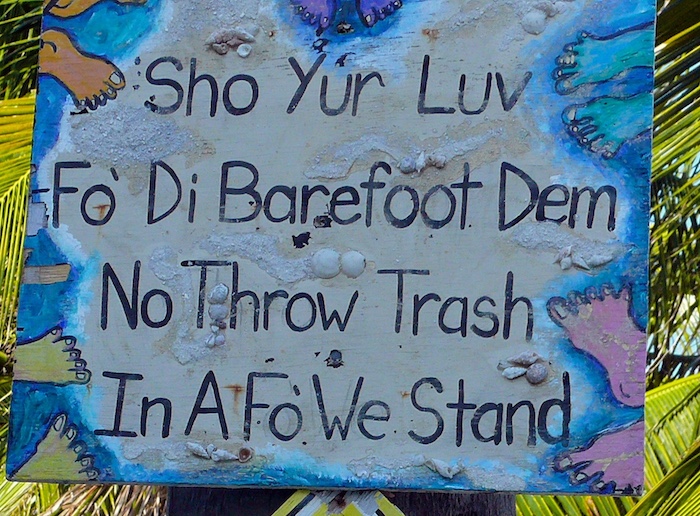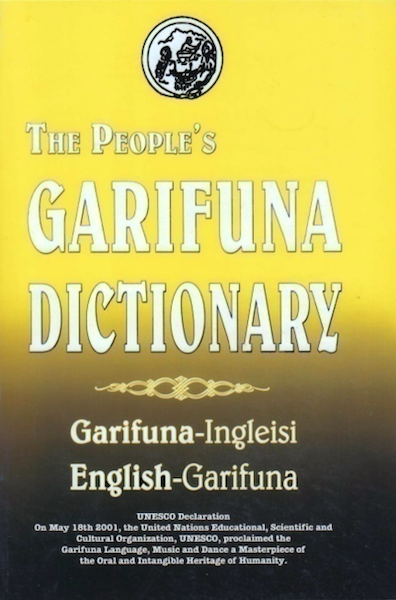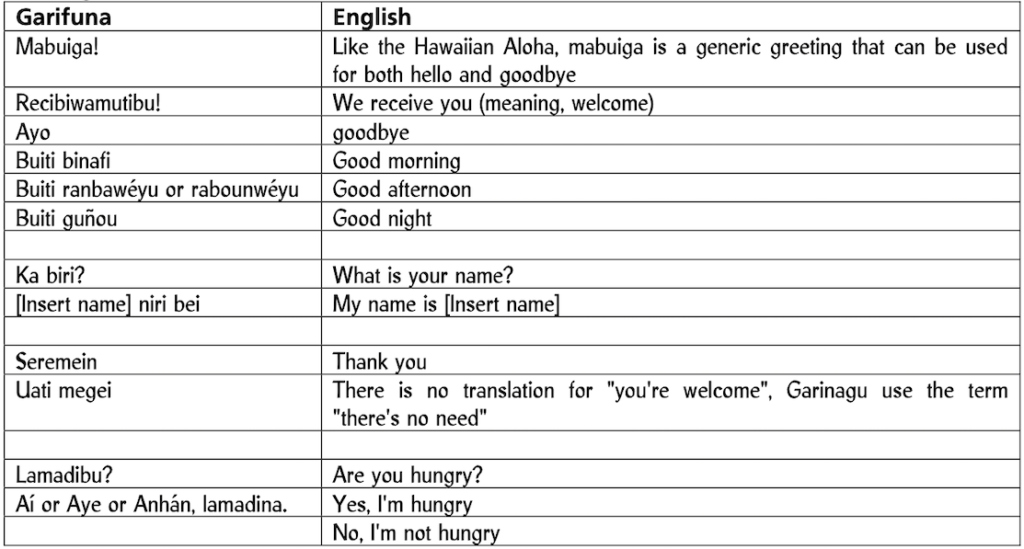Currently Empty: 0,00 €
Language
- Home
- Language

Language
The Garifuna language blends indigenous roots with African influences, reflecting the community’s complex history. Primarily Arawakan with Kalinago elements, it includes French, Spanish, and English words. This diversity enriches the language, showcasing the adaptability and resilience of the Garifuna people as their language evolves with modern influences.
Explore the linguistic tapestry of the Garifuna people, where Indigenous roots intertwine with African influences to create a language that is both unique and dynamic. While the origins of Garifuna language may surprise some, its evolution reflects the complex history and cultural exchanges that have shaped the identity of the Garifuna community.
At first glance, one might expect to find a significant presence of African words in the Garifuna language. However, aside from a couple of exceptions like “mutu” (people) and “Baba” (father), African linguistic elements are largely absent. Instead, Garifuna is primarily composed of Indigenous words with an African pronunciation, along with loan words borrowed from other languages.
Classified as Maipuran, the Garifuna language belongs to the Arawakan family, with traces of Kalinago influence still evident, particularly in male speech patterns. Historically, Garifuna children would learn “common speech” from their mothers during their early years, while male expressions were acquired during puberty through interaction with male relatives and specific occupations.
As Garinagu came into contact with foreign languages and environments, they began incorporating foreign words into their language. French numbers and terms, for instance, found their way into Garifuna, reflecting trade interactions with French-speaking communities. Similarly, the adoption of terms like “campo santo” (holy ground) for cemetery reflects the influence of Spanish colonial laws.
In addition to French and Spanish, English has also contributed to the lexicon of Garifuna, with words like “sügara” (sugar) and “kopu” (cup) becoming integrated into everyday speech. As technology advances, the influx of English-derived words into Garifuna is expected to continue, further enriching the language’s vocabulary and adaptability.

Common Garifuna Phrases

